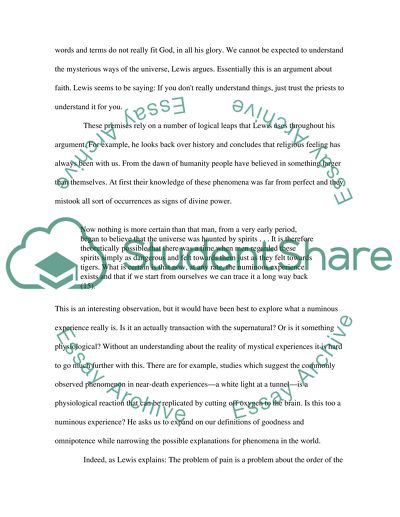Cite this document
(“Argument analysis Essay Example | Topics and Well Written Essays - 1000 words - 1”, n.d.)
Retrieved from https://studentshare.org/environmental-studies/1421248-argument-analysis
Retrieved from https://studentshare.org/environmental-studies/1421248-argument-analysis
(Argument Analysis Essay Example | Topics and Well Written Essays - 1000 Words - 1)
https://studentshare.org/environmental-studies/1421248-argument-analysis.
https://studentshare.org/environmental-studies/1421248-argument-analysis.
“Argument Analysis Essay Example | Topics and Well Written Essays - 1000 Words - 1”, n.d. https://studentshare.org/environmental-studies/1421248-argument-analysis.


